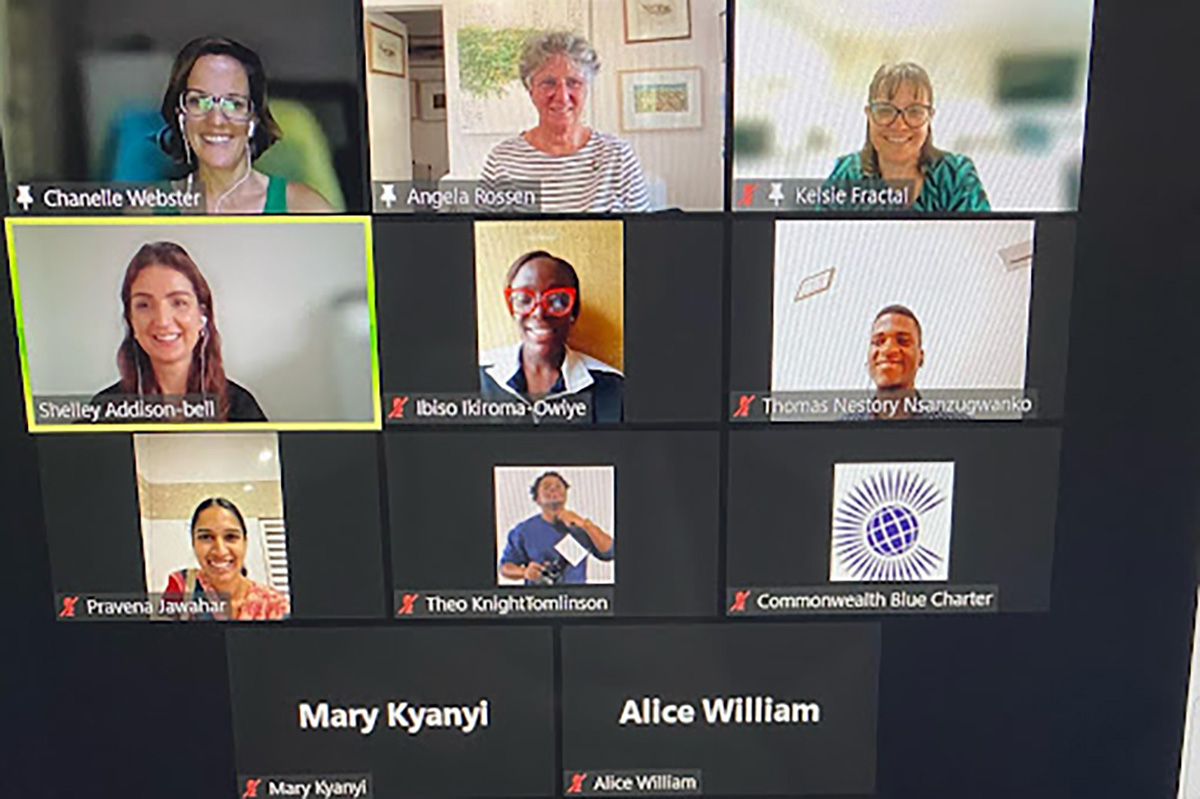Commonwealth Youth Council calls for innovative financing for youth development
July 30Commonwealth Youth Council (CYC) is the official voice of 1.2 billion young people in the Commonwealth. It was established by the Heads of Governments in the commonwealth in line with the Commonwealth Charter. The CYC is an independent entity responsible for youth representation in the Commonwealth.
Resource mobilisation and financing of youth development has been identified as the gap that has led to outcome documents remaining as outcome documents and not translated into action. The current mechanism of financing youth development has its challenges from creating a dependency culture, deficiency in autonomy and lack of sustainability. Yet, young people are often doing a lot with very limited resources. The price of neglecting investment in young people is ultimately higher than the initial cost of investing in youth development.
CYC often receives urgent and desperate calls for the need to finance and resources for initiatives from across the Commonwealth. Whilst we can identify a great idea, seldom can we finance it. The 9th Commonwealth Youth Ministers Meeting (CYMM) seeks to bring youth ministers, stakeholders and youth leaders together to address these burning questions. Four executives of the CYC contributed their views on this pertinent subject.
Kishva Ambigapathy, Chairperson of the CYC shared how they have always engaged and consulted the young people in an effort for better advocacy and meaningful representation. As such, leading to the upcoming 9th CYMM we carried out online consultations to young people across the Commonwealth. Among the key messages shared by them were the need to shift from all discussions to progressive actions; MAKE IT HAPPEN! Mobilising resources and financing youth should not be just seen as the key to harnessing the demographic bonus and reaping the dividend for socio-economic growth; but it is also the very lifeline of the Commonwealth in ensuring we fulfil our duty to create an enabling environment for young people to realise their capabilities and them owning, shaping a global sustainable development.
Faith Manthi, the Vice-chairperson for resources and partnership of the CYC, shared how her country has a model of financing youth development with a statutorily created national youth council that is allocated a government budget annually and the government procurement services whereby Kenya has the Access to Government Procurement Opportunities that gives 30% of the tenders allocated to young people.
Angelique Pouponneau, the vice-chairperson for inclusion and engagement of the CYC, shares how the SIDS Youth AIMS Hub- Seychelles, a youth-led environmental NGO, taps into funding from the Environment Trust Fund. The ETF is a Fund administered by the Ministry of Environment, Energy and Climate Change and the source of the funds is a 20% add-on to water bills to every household that is channelled into this fund to finance any activities that relates to sustainable development.
Sujae Boswell, the regional representative for the Caribbean and Americas pointed to the recently concluded Caribbean Regional Conference on the Sustainable Development Goals where the role of young people as active agents on delivery of the SDGs was acknowledged and expressed the importance that youth be thoroughly equipped and resourced with the necessary tools to advance the youth development agenda for national and regional growth. Governments need to enhance the level of funding or even so enhance capacity building for youth which will allow them to competitively seek grant funding.
The Commonwealth Youth Council, itself an organization with limited funds, has managed to stretch the pound, naira and rupee when carrying out Commonwealth wide initiative. The first is through collaboration with other governments and organisations that have been willing to provide a venue, or refreshments, or even, part sponsorship of youth development programmes. Working at the level of the Commonwealth has meant operating online in many instances. Whilst, this is easily criticized for failing to consider people without access to internet, it is also the most efficient way of effectively communicating beyond boundaries. An example of such was an online poetry slam that was recently held in May 2017 whereby young people with the use of a mobile phone and Whatsapp or Email sent their poems in and the most popular poem was recognised. CYC has sought to partner with private sector by identifying the businesses that were already supportive of the cause. The ‘I am ABLE’ poetry competition is sponsored by Reed Smith, a London-based law firm with offices across the world with a reputation for the most inclusive recruitment process.
The CYC calls for urgent reflection by government and stakeholders on how to innovatively finance youth development. We also hope this Ministerial Meeting will endorse greater support to recognise and institutionalise youth structures in an effort to empower the young people across the Commonwealth.
…………………………………………………………………………………………………………………
Opinions expressed in this article are those of the authors and do not necessarily represent the views of the Commonwealth Youth Programme. Articles are published in a spirit of dialogue, respect and understanding. If you disagree, why not submit a response?
To learn more about becoming a Commonwealth Correspondent please visit: http://www.yourcommonwealth.org/submit-articles/
…………………………………………………………………………………………………………………




